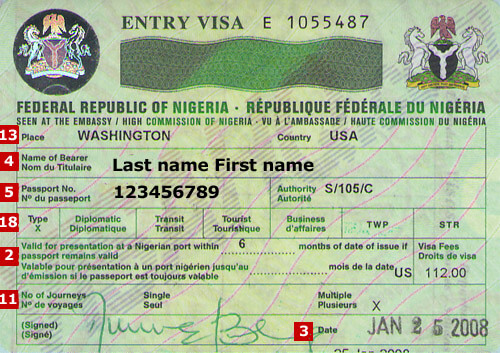Nigeria Embassy list in Afghanistan
Need help?Chat with us
Importance of Trip Registration at the Nigeria Embassy
Registering your trip with the Nigeria embassy is crucial for safety, as it allows the embassy to assist citizens during emergencies. In case of natural disasters such as earthquakes or floods, registered citizens can receive timely notifications and support. Political unrest, while often unpredictable, can also pose significant risks; knowing who is in the country helps embassies coordinate evacuations or provide alternative support. Furthermore, in medical emergencies, embassy personnel can facilitate access to local healthcare services and communicate with families back home. By registering, Nigerians abroad ensure their well-being and remain connected to vital resources and assistance during challenging times, making it an essential step for any international traveler.
Nigeria Embassy FAQs
Can the Nigeria embassy assist in legal issues abroad?
Yes, the Nigeria embassy can provide assistance in legal matters, including referrals to local legal counsel and information on local laws.What should I do if I lose my Nigeria passport in Afghanistan?
If you lose your passport, report the loss to the local authorities and contact the embassy immediately to apply for a replacement passport.Can the embassy help with obtaining local permits or licenses?
The embassy can provide guidance and information, but the issuance of local permits or licenses is typically handled by local authorities.What should I do if I’m detained while abroad?
Contact the Nigeria embassy as soon as possible. They can provide support, communicate with family, and ensure your rights are respected.
Services Provided by Nigeria Embassies in Afghanistan
Passport Services
- Issuance of new passports
- Renewal of existing passports
- Replacement of lost or stolen passports
Visa Issuance for Foreign Nationals
- Visa application processing
- Visa extension services
Assistance in Legal or Medical Emergencies
- Guidance and referrals for legal representation
- Support in accessing medical services
Travel Alerts and Safety Updates
- Dissemination of travel warnings and safety advisories
- Updates on security situations
Support for Nationals Detained Abroad
- Assistance in communicating with authorities
- Facilitation of legal rights and representation
Summarized Diplomatic Presence
Nigeria maintains a vital diplomatic presence in Afghanistan, primarily through its embassy located in Kabul. The embassy plays an essential role in fostering diplomatic relations, providing support to Nigerian citizens abroad, and engaging in dialogue on international issues. With responsibilities ranging from diplomatic representation to assisting nationals in distress, the embassy serves as a crucial link between Nigeria and Afghanistan. The presence of the Nigerian embassy enhances bilateral relations, paving the way for cooperative efforts in areas such as trade, security, and humanitarian assistance, ultimately benefiting both nations.
